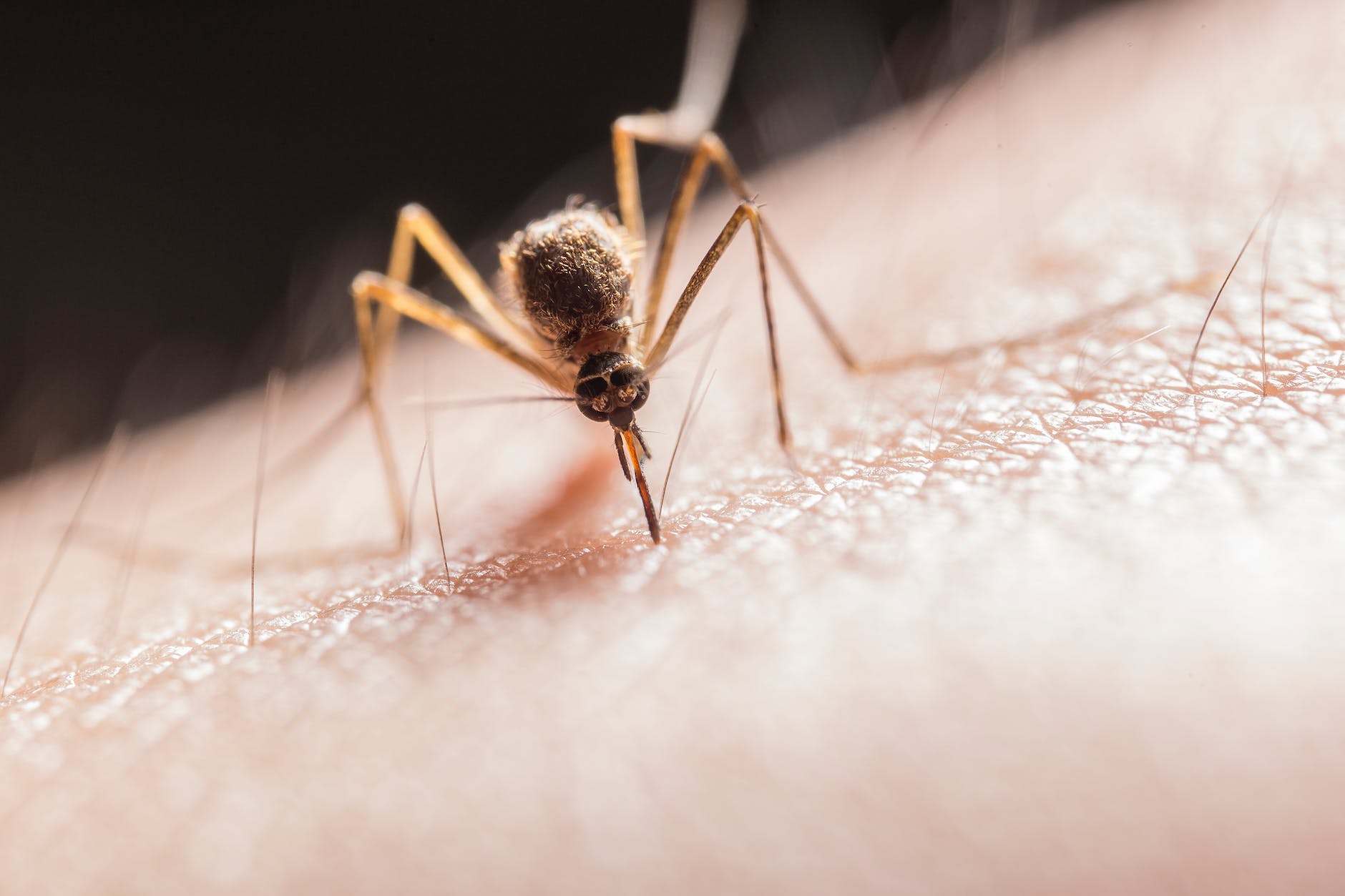HIV stands for Human Immunodeficiency Virus. It is a virus that attacks the immune system, specifically the T cells, which are white blood cells that help the body fight off infection.

HIV can lead to Acquired Immunodeficiency Syndrome (AIDS), which is a set of symptoms and infections resulting from the damage to the immune system.
Can mosquitoes spread hiv?
No, mosquitoes do not spread HIV. HIV is a virus that primarily spreads through bodily fluids such as blood, semen, vaginal fluids, and breast milk.
Mosquitoes only suck blood, but they do not inject any fluids back into the host. Therefore, it is not possible for mosquitoes to spread HIV.
where did hiv originate first?
The origins of HIV are not well-understood, but it is believed to have originated in Central Africa in the early 20th century.
The virus is thought to have jumped from chimpanzees or other primates to humans, possibly through contact with infected blood or other bodily fluids.
The first known case of AIDS was reported in the United States in 1981 while the first cases of AIDS were observed in central Africa in the early 1980s.
what is the difference between hiv and aids?
HIV, or human immunodeficiency virus, is a virus that attacks and weakens the immune system, making it difficult for the body to fight off infections.
On the other side, AIDS is the most advanced stage of HIV infection, in which the immune system is severely weakened and the person is at risk of serious illnesses and death.
Note: HIV is the virus that causes AIDS, but not everyone who is infected with HIV will develop AIDS.
HIV attacks and weakens the immune system, and if left untreated, it can lead to AIDS.
The progression from HIV to AIDS can take several years, and it can vary widely from person to person.
can hiv be spread through saliva?
HIV can be transmitted through the exchange of certain bodily fluids, such as blood, semen, vaginal fluids, and breast milk.
The risk of transmitting HIV through saliva is considered to be extremely low.
The risk of transmission through sharing utensils or drinking glasses with an HIV-positive person is also considered to be low.
what is usually the first sign of hiv?
The first signs of HIV infection may include flu-like symptoms, such as fever, swollen lymph nodes, sore throat, and a rash.
These symptoms can appear within 2 to 4 weeks after infection and may last for a few days to several weeks.
However, some people may not experience any symptoms at all during the early stages of HIV infection.
However, some people may not experience any symptoms at all during the early stages of HIV infection. The only way to know for sure if you have HIV is to get tested.
why do gay people get hiv?
The rate of HIV transmission among gay and bisexual men is higher than among the general population for a variety of reasons.
One reason is that men who have sex with men are at a higher risk of contracting HIV through anal sex, which is more likely to lead to tearing of the rectal tissue, making it easier for the virus to enter the bloodstream.
Additionally, gay and bisexual men may be at an increased risk of contracting HIV due to higher rates of unprotected sex and multiple sexual partners.
how do you know if a female has hiv?
The only way to know for sure if a person has HIV is to get tested. HIV testing typically involves taking a blood sample, which is then analyzed for the presence of HIV antibodies.
However the Symptoms of HIV in women can be similar to those in men, but can also include
- Pelvic inflammatory disease,
- Vaginal yeast infections, and
- Crvical cancer.
what are the hiv symptoms after 6 months of infection?
After an individual is infected with HIV, it can take up to 6 months for the body to produce enough antibodies to be detected by an HIV test. This is known as the “window period” or “seroconversion period.
During this time, a person may not have any symptoms or may experience a flu-like illness.
However, after the initial window period, some people with HIV may not experience any symptoms for several years. This is known as asymptomatic HIV infection.
But, as the virus progresses, a person may experience following symptoms :
- Persistent fatigue
- Swollen lymph nodes
- Recurrent fever or night sweats
- Rapid weight loss
- Persistent or recurring yeast infection’s
It’s important to note that HIV does not have a single set of symptoms and some people may have different symptoms.
how long does hiv take to show up?
The time it takes for HIV to show up after infection can vary, but it typically takes 2 to 4 weeks for symptoms to appear.
However, some people may not experience any symptoms for several months or even years after becoming infected.
The only way to know for sure if you have HIV is to get tested.
how do you know if you have hiv?
The only way to know for sure if you have HIV is to get tested. There are a few different types of tests that can be used to detect the virus, including:
- Antibody tests: These test for antibodies to the virus in the blood or oral fluid.
- Nucleic acid tests (NATs): These test for the virus’s genetic material (RNA) in the blood.
- Antigen/Antibody tests: These tests detect the presence of antigens, which are components of the virus, as well as antibodies.